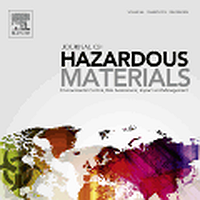Emissions of heavy metals have risen over the past 200 years and significantly exceed those from natural sources. Phytoremediation strategies may be able to recover soil productivity in self-sustaining ecosystems; however, our knowledge of the molecular mechanisms involved in plant heavy-metal perception and signalling is scarce. The aim of this study was to assemble a "molecular tool box" of genes useful for phytoremediation. To identify mutants with different heavy-metal-tolerance, we first selected a medium from mixtures containing three metals based on their presence in two Spanish mining areas and then screened about 7000 lines of Arabidopsis T-DNA mutants and found 74 lines more resistant and 56 more susceptible than the wild type (WT). Classification of the genes showed that they were mainly linked to transport, protein modification and signalling, with RNA metabolism being the most representative category in the resistant phenotypes and protein metabolism in the sensitive ones. We have characterized one resistant mutant, Athpp9 and one sensitive, Atala4. These mutants showed differences in growth and metal translocation. Additionally, we found that these mutants keep their phenotype in amended former soils, suggesting that these genes may be useful for phytoremediation and the recovery of contaminated soils. (C) 2017 Elsevier B.V. All rights reserved.

Screening Arabidopsis mutants in genes useful for phytoremediation
Review badges
0 pre-pub reviews
0 post-pub reviews


